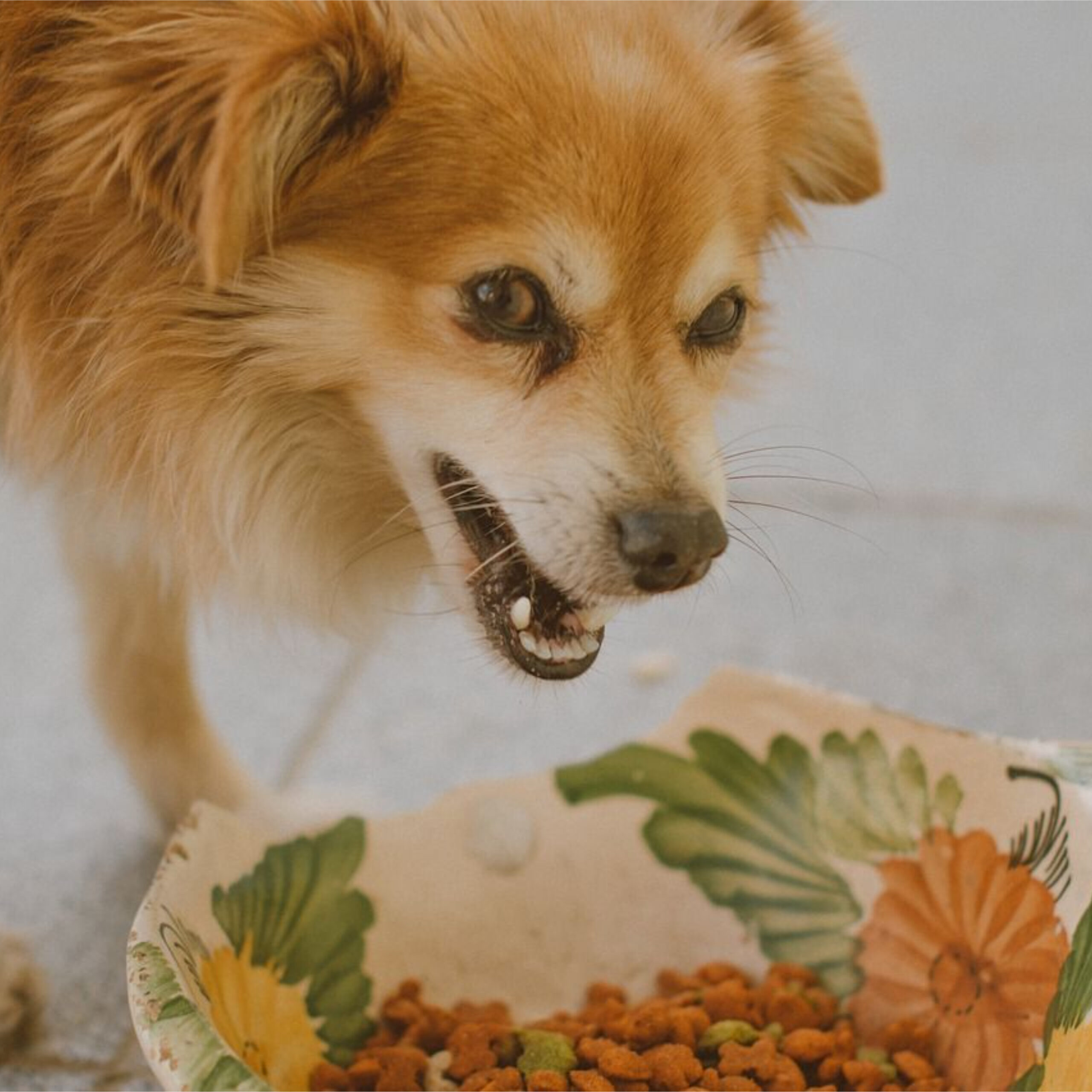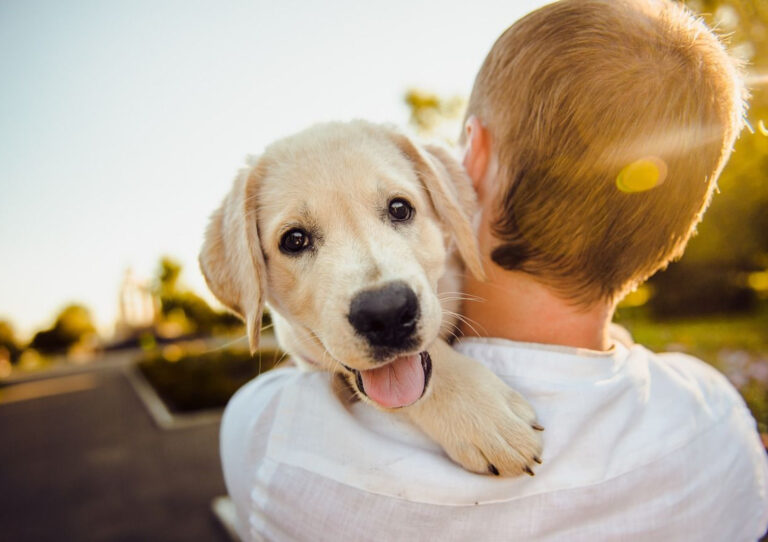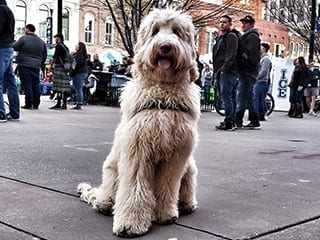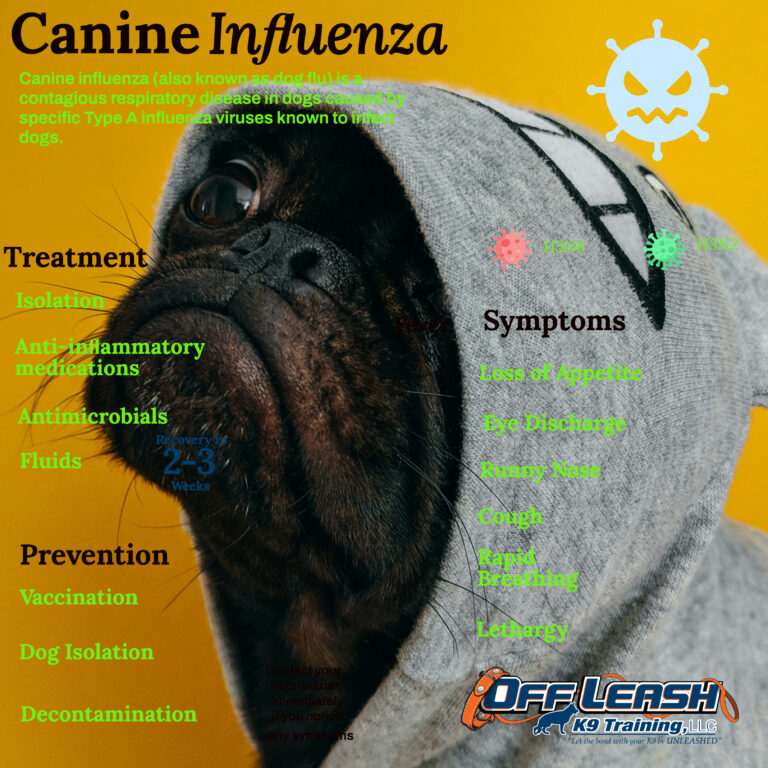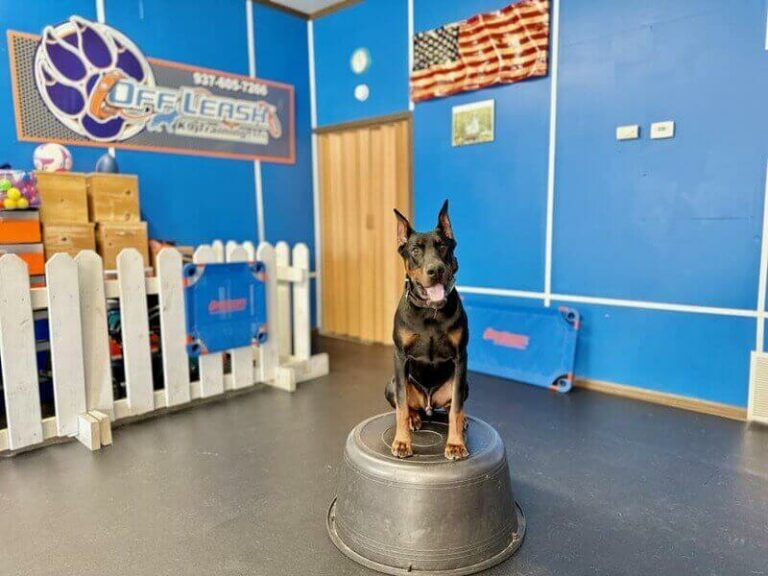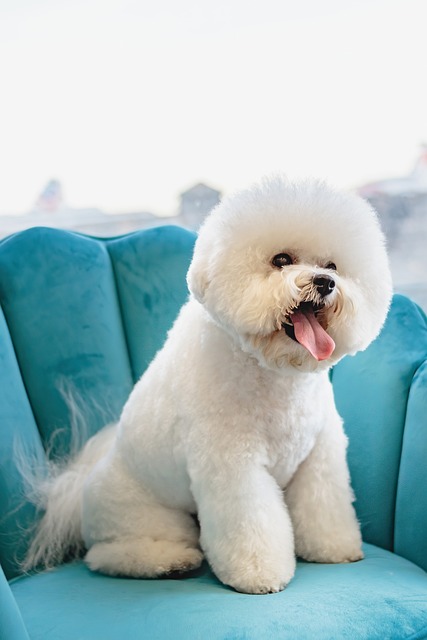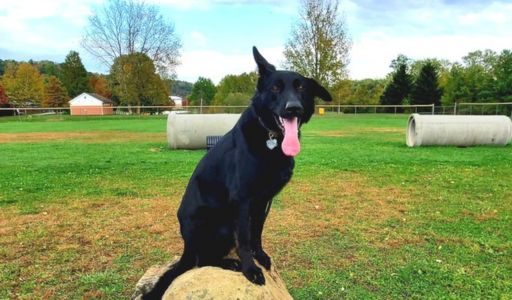Preventing Food Aggression in Dogs: A Guide to Harmonious Mealtime Behaviors
Preventing Food Aggression in Dogs: A Guide to Harmonious Mealtime Behaviors
Learn effective strategies for preventing food aggression in dogs, including understanding the root causes, recognizing the signs, implementing preventive measures, and seeking professional help when needed.
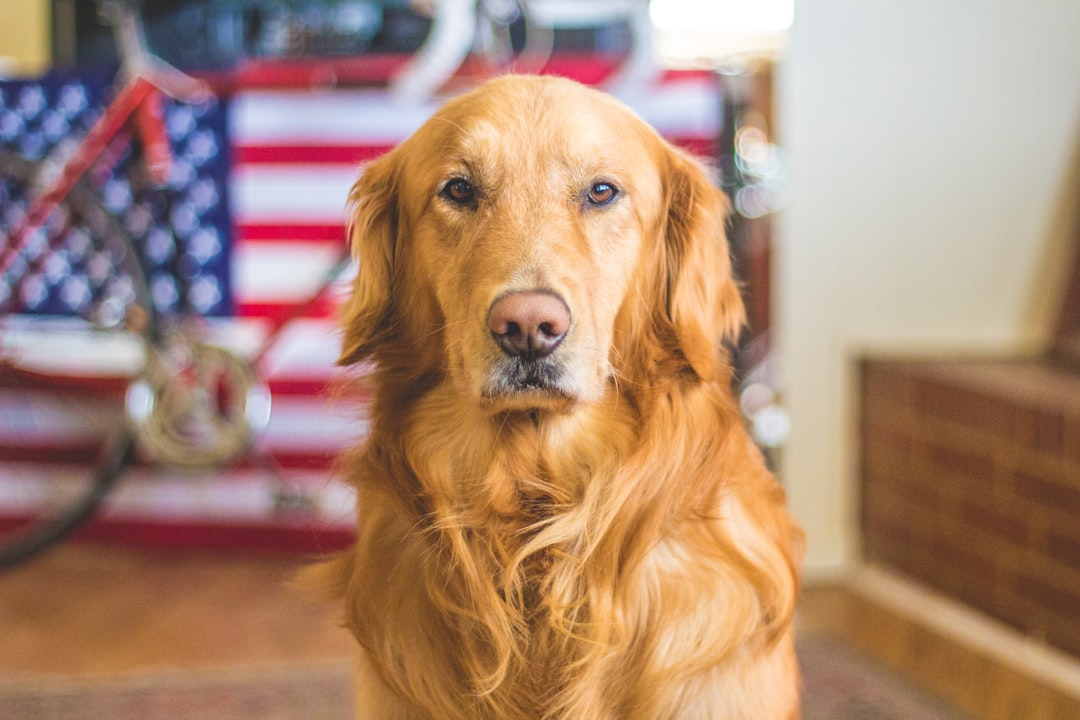
Introduction to Food Aggression in Dogs
Food aggression in dogs is a complex behavior where dogs exhibit protectiveness over their food, showcasing a range from mild, such as growling or freezing when anyone approaches their meal, to severe reactions, including gulping down food at an unnaturally fast pace or aggressively blocking anyone from coming near their food. This behavior not only poses a challenge in managing daily feeding routines but also indicates underlying issues that need addressing for the overall well-being of the pet.
Identifying and understanding the root causes of food aggression in dogs, which can stem from past traumas, competition for resources, or natural guarding instincts, are pivotal steps in formulating effective interventions. Early recognition and proactive management of food aggression are key in preventing escalation and potential behavioral problems, thereby fostering a peaceful and positive relationship between dogs and their owners. Implementing strategies tailored to address the specific triggers of food aggression in each individual dog can significantly contribute to the harmonious coexistence and mutual understanding within the household.
Understanding Food Aggression in Dogs
Food aggression in dogs is a complex behavior that arises from a combination of environmental, psychological, and biological factors. At its core, food aggression is rooted in the dog’s instinct to guard valuable resources, which in the wild could mean the difference between survival and starvation.
This instinct can be exacerbated in domestic settings by experiences such as competition for resources in animal shelters, where food may be scarce, or negative experiences related to food, such as being fed irregularly or having food taken away. Such experiences can leave a lasting impact, causing dogs to display aggressive behaviors ranging from mild, like growling when someone approaches their food bowl, to severe, such as snapping or even biting to protect their meal.
Moreover, the propensity for food aggression can vary significantly among different dog breeds. While any dog can develop food aggression under certain circumstances, some breeds are genetically predisposed to exhibit dominance-related behaviors, including food aggression. For instance, breeds that have been historically selected for guarding or protective roles may be more inclined to exhibit food guarding behaviors as part of their natural instinct to protect what they perceive as valuable resources.
This genetic predisposition underscores the importance of understanding and addressing food aggression with consideration to the specific needs and backgrounds of individual dogs. Understanding these dynamics is crucial for developing effective strategies to manage and prevent food aggression, ensuring the safety and well-being of both dogs and their human companions.
Causes and Signs of Food Aggression in Dogs
Food aggression in dogs is a complex behavior that can stem from various factors, including a lack of proper socialization, experiences of resource scarcity, or fear-related triggers. These causes can be deeply ingrained in a dog’s psyche, particularly if they have faced competition for food in shelters or have had traumatic experiences in the past. For instance, a dog who has had to fend for itself without a reliable food source may develop aggressive behaviors as a survival mechanism. Such experiences can lead to a dog perceiving any approach towards their food as a potential threat, triggering aggressive responses to protect what they consider scarce resources.
Recognizing the signs of food aggression is the first step towards addressing this behavior. Signs can range from mild, such as stiffening of the body and direct staring when someone approaches their food, to more overt actions like growling, snapping, or resource guarding not just their food but also toys or other objects they value. These behaviors are indicative of a dog feeling threatened and the need to protect their possessions.
Early recognition of these signs is crucial for pet owners to take timely action in managing and modifying this behavior through appropriate training techniques and, if necessary, professional intervention. Understanding the root causes and signs of food aggression enables a more tailored approach to training, ensuring that the specific triggers for each dog are effectively addressed.
Preventive Measures and Training Techniques
To effectively prevent food aggression in dogs, it’s crucial to introduce them early on to the concept of sharing their space during meal times. This can be gently initiated by engaging in soft conversation with them as they eat, helping to build a bond of trust and positive association with human presence. Introducing treats during feeding times not only rewards calm and non-aggressive behavior but also reinforces the idea that human interaction during meals is safe and even beneficial. This method of positive reinforcement is key in signaling to the dog that their food supply is not threatened by the presence of humans, thereby reducing the instinct to guard their resources.
Further enhancing these preventive measures, desensitization techniques serve as a valuable tool in gradually increasing a dog’s comfort level with closer human proximity during meals. This method involves slowly reducing the distance between the dog and the human during feeding times, effectively teaching the dog that the closer presence of a human is not a threat to their food. Over time, this can significantly diminish the dog’s perceived need to exhibit food aggression behaviors.
Coupled with consistent positive reinforcement, where calm and non-possessive behaviors around food are rewarded, dogs can learn to associate meal times with a positive and secure environment. Implementing these techniques requires patience and consistency, and for those seeking professional guidance, Dayton Off Leash K9 Dog Training offers specialized training programs that address food aggression and other behavioral concerns, ensuring a harmonious relationship between pets and their owners. Explore their services further at <https://daytonohiooffleashdogtrainers.To create a safe and peaceful feeding routine, for your dog.
Importance of Professional Intervention in Addressing Food Aggression
Addressing food aggression in dogs often goes beyond simple training techniques and requires a deeper understanding of canine behavior. In cases where food aggression is severe or deeply rooted in past trauma, the guidance of a professional trainer or behaviorist becomes invaluable. These experts can assess the specific situation of each dog, identifying the underlying causes of aggressive behavior and developing a personalized plan for intervention. Behavior modification techniques, which may involve desensitization, counter-conditioning, and positive reinforcement, are tailored to each dog’s needs, ensuring a more effective and lasting resolution to food aggression issues.
Dayton Off Leash K9 Dog Training stands out as a beacon of hope for pet owners struggling with food aggression in their furry companions. With a team of certified professionals who specialize in dog behavior, Dayton Off Leash K9 offers comprehensive training packages that tackle not just the symptoms of food aggression but the root causes. Their approach is grounded in the latest canine behavioral science, ensuring that interventions are both humane and effective.
By choosing to work with Dayton Off Leash K9 Dog Training, pet owners gain access to a wealth of expertise and support, significantly increasing the likelihood of a positive outcome. For those seeking to address food aggression or other behavioral concerns in their dogs, exploring the training programs offered by Dayton Off Leash K9 Dog Training is a step towards fostering a safer, more harmonious relationship with their pets. For more information on how they can assist with food aggression, visit their website at https://daytonohiooffleashdogtrainers.com/.
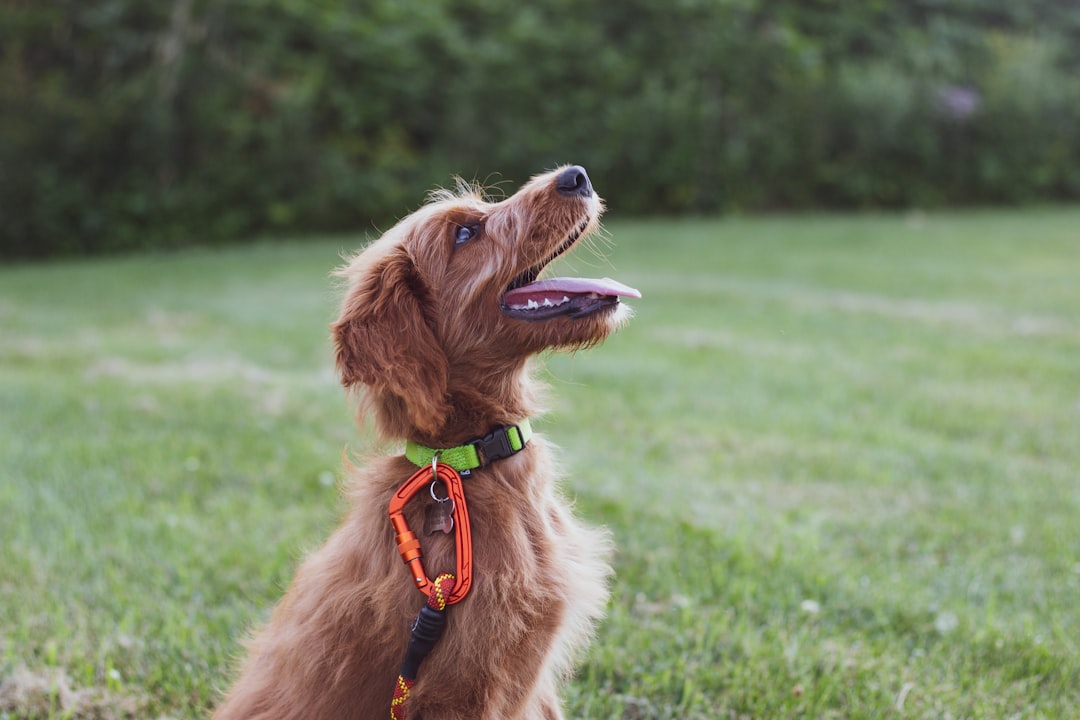
Advanced Training Techniques and Management Strategies
Implementing a well-defined training plan that includes specific feeding routines and the use of positive reinforcement techniques is crucial in modifying behaviors related to food aggression in dogs. This approach not only helps in altering the undesirable behaviors but also in instilling confidence and a sense of security in dogs during meal times.
For instance, introducing controlled feeding routines where a dog is fed at the same times daily and under similar conditions can create a predictable environment, reducing anxiety and the likelihood of aggressive behavior. Moreover, employing positive reinforcement by rewarding calm and non-aggressive behavior during feeding reinforces the desired behavior, making it more likely to be repeated.
To further enhance the effectiveness of these training techniques, gradual exposure to potential triggers of food aggression under controlled conditions can significantly help in desensitizing dogs. This process involves slowly introducing the dog to situations that might previously have elicited an aggressive response, such as the presence of people or other pets near their food, but in a way that feels safe and non-threatening. Over time, this can help reduce the dog’s sensitivity to these triggers, diminishing their aggressive responses.
Additionally, creating a safe and peaceful feeding environment is paramount. Strategies such as feeding dogs in separate areas to avoid competition or using slow feeder bowls to prevent gulping food too quickly can greatly reduce incidents of food-related aggression. By taking these measures, pet owners can create a more harmonious and stress-free mealtime routine for their dogs.
For those seeking professional guidance and a structured approach to addressing food aggression, Dayton Off Leash K9 Dog Training offers specialized training programs tailored to meet the needs of individual dogs and their owners. Visit https://daytonohiooffleashdogtrainers.com/ to explore how their expertise can help promote healthier mealtime behaviors in dogs.
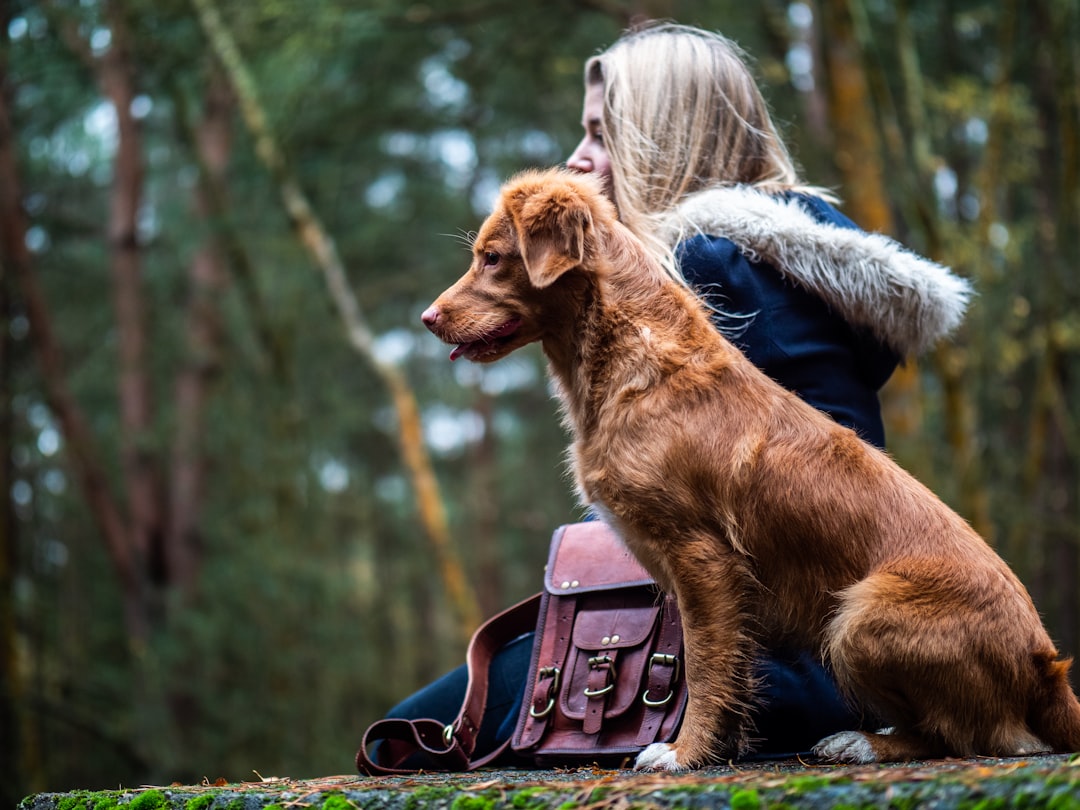
Regular Practice, Consistency, and Continued Support
The journey to overcoming food aggression in dogs is not a quick fix but a continuous process that demands regular practice and unwavering consistency. Implementing training techniques and management strategies consistently helps in reinforcing desired behaviors and establishing a stable routine around mealtime.
For instance, consistently rewarding your dog for calm behavior during feeding and gradually increasing the level of distraction can significantly reduce food-related anxiety and aggression over time. This regular reinforcement not only fosters a peaceful feeding environment but also strengthens the bond between you and your dog, making them more receptive to your commands and presence during meal times.
Moreover, the path to mitigating food aggression often requires ongoing support from dog training professionals, especially when dealing with more severe cases. Engaging with experts like those at Dayton Off Leash K9 Dog Training can provide personalized advice and structured training plans tailored to your dog’s specific needs.
These professionals can offer invaluable guidance on reinforcing positive behaviors, adjusting training techniques as needed, and navigating any setbacks that may occur. Their expertise can be a crucial component in ensuring sustained progress and preventing regression in your dog’s behavior. For those seeking to create a lasting change in their dog’s mealtime behavior, exploring the training programs offered by Dayton Off Leash K9 Dog Training and visiting their website at https://daytonohiooffleashdogtrainers.com/ for more details can be an excellent step forward.
Conclusion: Promoting Healthy Mealtime Behaviors in Dogs
Addressing food aggression in dogs requires a multifaceted approach that combines patience, understanding of canine behavior, and consistent, positive reinforcement training techniques. It’s crucial for pet owners to recognize the early signs of food aggression and take immediate steps to address these behaviors. Implementing preventive measures such as controlled feeding routines, socialization from a young age, and teaching dogs to associate humans and other pets with positive mealtime experiences can significantly reduce the likelihood of food aggression developing.
For those instances where food aggression has already become a problem, Dayton Off Leash K9 Dog Training offers specialized training programs. Their expert trainers use proven techniques to modify aggressive behavior towards food, helping dogs learn to eat calmly and safely around humans and other pets. These programs not only focus on correcting current behavior issues but also aim to prevent future occurrences by fostering a positive feeding environment and strengthening the bond between dogs and their owners.
Moreover, understanding that food aggression can stem from a variety of causes, including past trauma, lack of early socialization, or simply the dog’s natural instinct to guard resources, is key to effectively addressing the issue. Tailored interventions, particularly those offered by professionals like Dayton Off Leash K9 Dog Training, can make a significant difference in managing food aggression.
Their approach includes assessing the individual dog’s behavior, environment, and history to develop a customized training plan. By choosing such targeted assistance, pet owners can ensure their dogs learn to enjoy their meals peacefully and without stress. For those seeking to create a safe and harmonious feeding environment for their dogs, exploring the training programs available through Dayton Off Leash K9 Dog Training is a constructive step forward. Visit their website at https://daytonohiooffleashdogtrainers.com/ to learn more about how their training programs can help promote healthy mealtime behaviors in dogs.
Would you like a certified trainer to call you?

